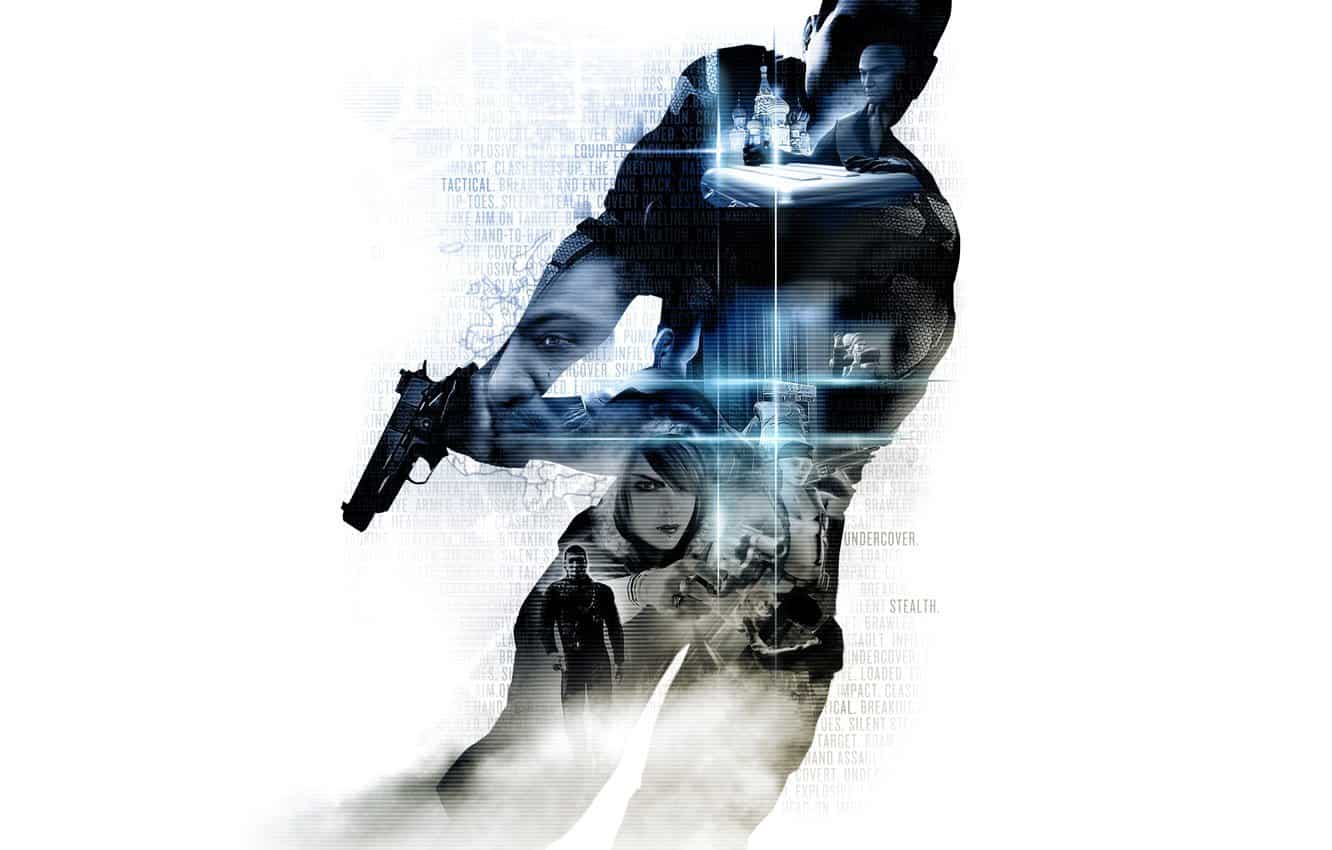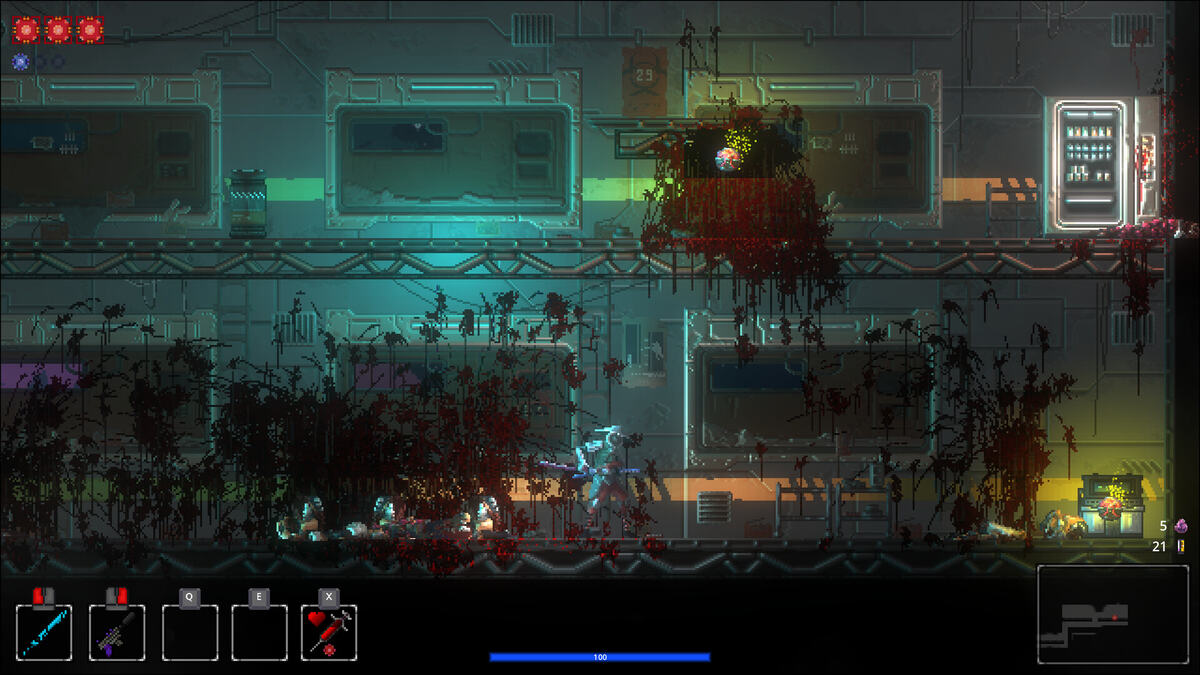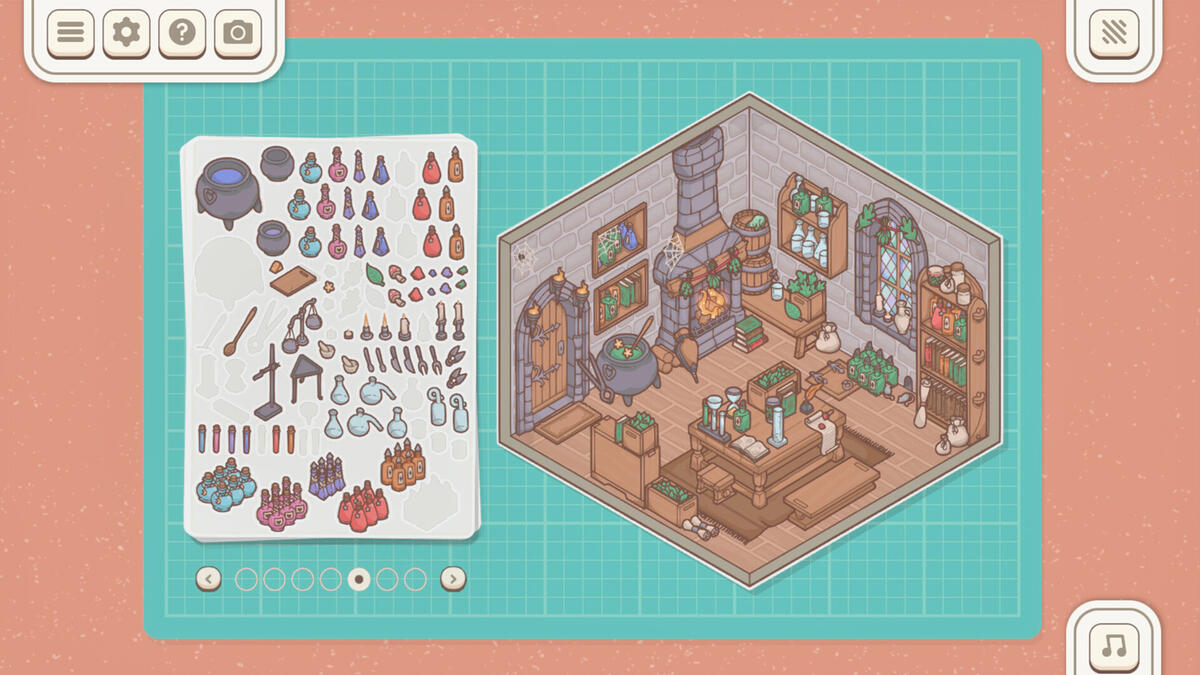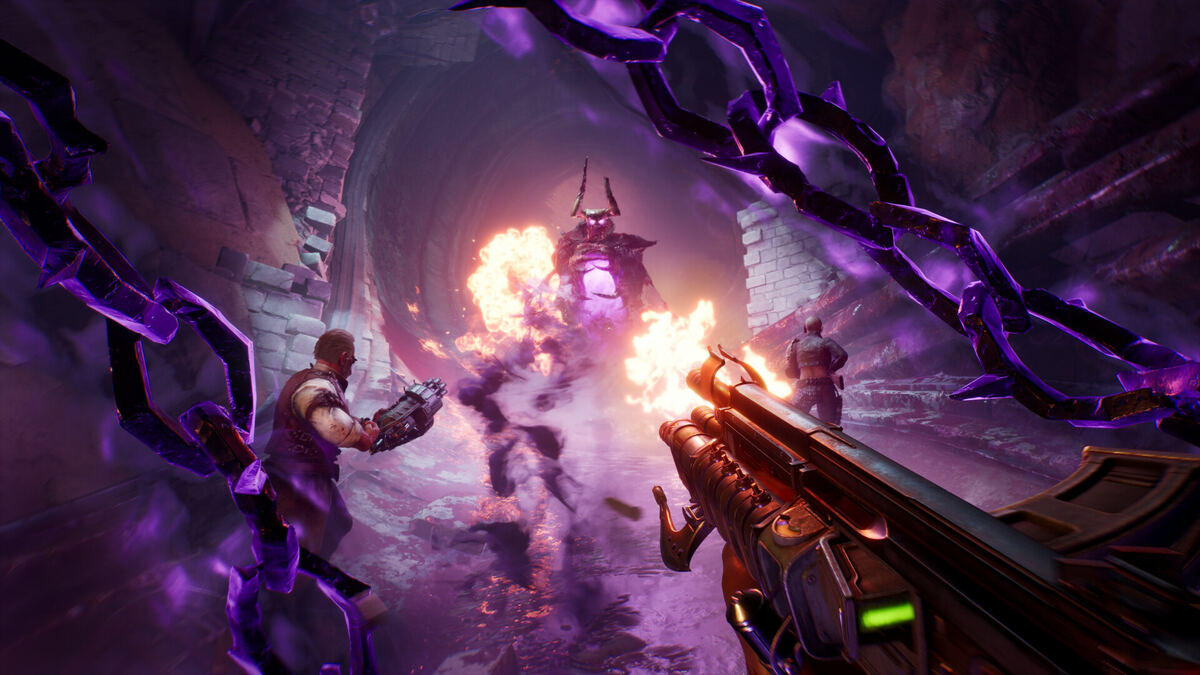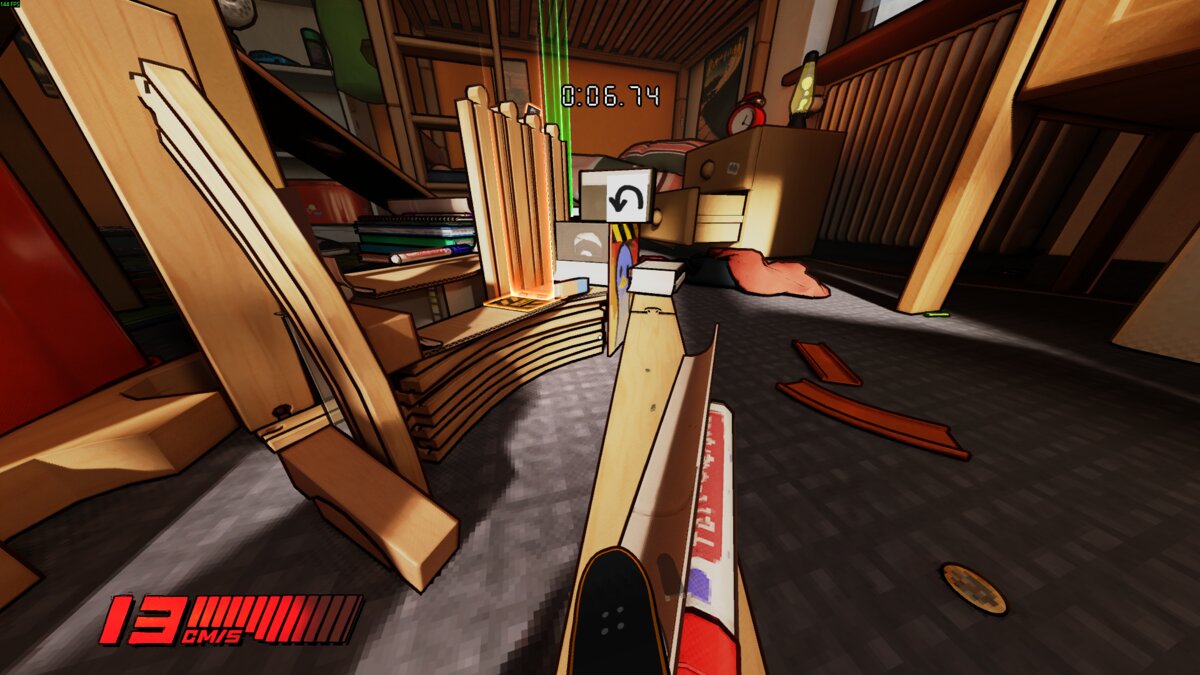You can trust VideoGamer. Our team of gaming experts spend hours testing and reviewing the latest games, to ensure you're reading the most comprehensive guide possible. Rest assured, all imagery and advice is unique and original. Check out how we test and review games here
Call me old fashioned, but I’ve always thought that if you’re gainfully employed as a spy – by a government, private security agency, or even some form of business – then your actual workload should largely consist of… well, spying. If you act like the office clown to the point that your boss hates you; if you attempt to sneak your way into a terrorist base by arguing that no, you’re not an American secret agent – you’re actually a Canadian; if most of your espionage work consists of running around like a maniac, unloading a shotgun into the face of the nearest security guard…. if you do these things, I don’t know what you are – but you’re certainly not a spy, in the traditional sense.
Then again, maybe it wouldn’t be much fun to be a spy in the traditional sense. The idea behind Alpha Protocol, SEGA and Obsidian’s forthcoming espionage RPG, is that you can approach your cloak-and-dagger duties in any style you like. If you want to woo and smooch your way into the hearts of your contacts (well, the female ones at any rate), that’s one James Bond-shaped option. Alternatively, if you want to make progress by cutting through badguys like a hot, Arnie-shaped knife through butter, that’s a possibility too. Naturally there’s also the sneaky-sneaky approach, as well as one that relies on hacking and recoding all the computers and keypads you can find. And if you’re feeling particularly kind – or perhaps if you’re just in the mood for a challenge – it’s apparently possible to get through the entire game without killing anyone.
Alpha Protocol certainly offers a lot of player choice, coupled to an enticingly fresh premise. Spy-themed RPGs are hardly two-a-penny, and it’s not hard to see the appeal in a game that lets you play as a Bond or Bourne (or even a Sterling Archer) of your own design. And yet despite these boons, and Obsidian’s clear track record in the genre, there seems to be a distinct lack of buzz about this project. A delayed release date is clearly part of the problem (the game was originally due to ship at the start of 2009) but it’s hard to escape the idea that the long shadow of Mass Effect 2 is equally to blame.
Let’s be clear right now: this isn’t as pretty as Mass Effect. Lead spy Michael Thorton and his chums would never be described as “da hotness” by hormone-fuelled street yutes, but nor would they be described as “well butters”. Fine, so those particular slang terms both went of out of use years ago – but hopefully you get my point: it’s solid-looking, rather than spectacular. On a similar note, the action doesn’t feel quite as pant-dampeningly pleasurable as BioWare’s sci-fi romp. The controls just aren’t as immediately responsive, so pleasingly contoured to your destructive whims, and the battles lack the same “instant blockbuster” feel that you get while battling with Shepard and company. If Alpha Protocol had made its original release window, it wouldn’t have had to suffer these comparisons – but it didn’t, and so it must.
This all sounds very negative, but what I’m trying to say is that Alpha Protocol’s strengths lie elsewhere. There’s the aforementioned flexibility, for one thing: if you want to play the game as a run-and-gun cover shooter, it’ll handle that. If you want to play it like a Splinter Cell game, it’ll cater to that desire too. There’s a big menu in Alpha Protocol’s restaurant of death, and the chef can do every dish on the list: close-combat nastiness, silenced pistols, assault rifles, face-pulping shotguns. In between missions you’ll get to hang out at private safehouses dotted around the globe, and each of these has a computer which allows you to buy weapons direct from the local black market. There are other cool tricks you can do here too, like arranging for a sniper rifle to be conveniently left in a nice spot at the location you’re about to visit.
It doesn’t stop there, either: by buying intelligence dossiers on people and factions that you’re about to meet, you can get the drop on your rivals. If you’ve gained enough background info on a given individual – either by buying it online or by retrieving it from hacked computers on your travels – you’ll unlock new dialogue options when you finally meet them. The old adage about stick and stones doesn’t apply here; words can hurt, and if you use them properly, they will. In any given conversation you’ll have the choice of acting casually, aggressively, professionally or suavely; your choice of approach may result in you securing an ally, getting laid or having a gun pushed in your face – but in all cases you’ll have to live with the results.
We covered this quite a bit in the last preview, but it’s worth re-stating again: everything you say and do in this game will have an impact on later events. Obviously, if you kill someone important early on in your spying career, they won’t show up later as anything but a tough stain on your laundry bill – but the balance of action and consequence goes much further than this. For example, at one point on your travels you may need to deal with a particular Russian informant who has some info that you need. If you’re polite, he’ll give you what you need, and he’ll also give you both an optional side mission and the contact details for a new arms dealer. If, on the other hand, you shout at him and then glass him like an ASBO yob on a government grant, he’ll be so utterly terrified of you that he’ll give you give you a five per cent discount in his shop (everyone in Russia sells guns, apparently).
In most RPGs this would simply be another throwaway morality choice, linked to a binary good/evil karma system – but here, things aren’t so clear-cut. If you glass the informant he’ll run crying to the local authorities, so when you later turn up to burgle a local embassy you’ll find it staffed by grizzly marines. This might sound like a bad thing, but if you approach them in the right way you get nice and chummy with them – so when the embassy gets attacked by terrorists, ten minutes later, they’ll help you out. If, on the other hand, you were squeaky-clean and nice-as-pie with the initial informant, the embassy will be staffed by wimpy security guards. No prizes for guessing what happens to them when the bad guys show up.
If Obsidian manages to maintain this muddied morality throughout Alpha Protocol’s 20 hour span, it should be a lot more unpredictable than the average RPG outing. The developer on hand at SEGA’s recent showcase claimed to have finished the game five times without seeing the same plot arc twice, and that the full game will have somewhere in the region of 32 endings. There’ll be a certain amount of “rubber-banding” in terms of the way everything ties together – minor variations on established events and structures – but there will also be quite a few branching points too.
Even within the first hour or so of play, I managed to annoy my boss to the point that he actively disliked me – so much so that I earned the trait “loose cannon” – while embarking on a promisingly flirtatious relationship with my female handler. My hope is that by the time it reaches its middle stages, when the plot has had to time to properly develop and thicken, there will be lots of difficult, gray-area decisions to make.
Alpha Protocol is due for release on Xbox 360, PS3 and PC on May 28.

/https://oimg.videogamer.com/images/8d16/alpha_protocol_55.jpg)
